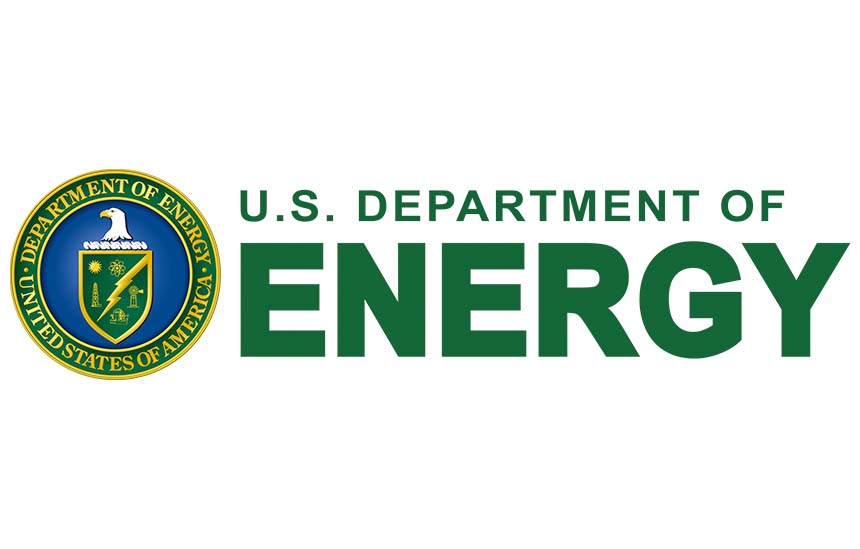Secretary of Energy of the United States Jennifer Granholm and the Federative Republic of Brazil’s Minister of Mines and Energy, Alexandre Silveira announced new, joint initiatives on clean energy and renewed their commitment to advance a just and inclusive energy transition today at the third ministerial meeting of the U.S.-Brazil Energy Forum (USBEF). They emphasized the importance of continued strong U.S.-Brazil collaboration as the two largest economies in the Americas, major global clean energy producers and nations with shared, democratic values.
The two leaders called for urgent action to address the climate crisis and emphasized the opportunity to leverage cooperation under the USBEF to expand the exchange of information and lessons learned from the implementation of their respective climate and clean energy policies, in pursuit of achieving each country’s commitment to achieving net zero emissions by 2050. The leaders recognized the achievements of the Bipartisan Infrastructure Law and the Inflation Reduction Act in the United States and celebrated the recent passage of the Low Emission Hydrogen and Fuel of the Future laws in Brazil, noting the leadership of the two countries in passing legislation supporting clean energy deployment and the decarbonization of their oil, natural gas, and industrial sectors. Secretary Granholm congratulated Minister Silveira on Brazil’s publication of the National Energy Transition Policy and reaffirmed U.S. support for Brazil’s G20 Presidency and hosting of the 15th Clean Energy Ministerial and 9th Mission Innovation ministerial. She reinforced that the United States stood ready to also support Brazil’s Presidency of COP30 and its ambition to help realize the global commitment to transition away from fossil fuels.
The United States and Brazil have agreed to:
- Continue collaboration on clean hydrogen to assess the technical and economic feasibility of bioenergy-to-hydrogen routes. The two countries will also develop a network of U.S and Brazilian universities to promote a clean hydrogen curriculum that will help build the highly skilled workforce needed to achieve clean hydrogen goals.
- Launch new cooperation to bring clean energy to remote communities in the Amazon by identifying opportunities for replacing fossil power systems with distributed renewable systems. The project will make progress towards the Lula Administration’s flagship initiative Energias da Amazonia, which is intended to provide reliable and clean power to vulnerable communities in the Amazon, contributing to the social and economic development in the region.
- Collaborate on the launch of Clean Energy Hubs to promote innovation and deployment of clean hydrogen and carbon capture utilization and storage (CCUS) technologies. The project – modeled on DOE’s successful Regional Clean Hydrogen Hubs Program and Carbon Capture Demonstration Projects– aims to expand supply, create demand and build the required infrastructure to create multi-use energy hubs.
- Brazil hosting the next Latin America and Caribbean Solar Decathlon, a collegial competition to promote sustainable building and housing designs in the region.
- Strengthen cooperation on carbon and methane management, focusing on technical and regulatory support to advance methane emissions regulation and the development and implementation of CCUS technologies.
Joint work under USBEF continues to deliver concrete results and benefits to both countries. In the last twelve months, the two countries have:
- Convened the Clean Energy Industry Dialogue (CEID), a public-private forum to exchange information and best practices on topics of mutual interest. The first series of dialogues focused on clean hydrogen and carbon management.
- Completed the initial phase of a joint techno-economic study to assess the clean hydrogen production pathway from bioenergy sources.
- Held four technical workshops on the regulatory framework of CCUS and methane mitigation of oil and natural gas infrastructure.
- Conducted a joint webinar on modernization of power grid infrastructure.
Continued the bilateral partnership on civil nuclear power, renewing their commitment to cooperate on the modernization of the nuclear power plant Angra-1 and on nuclear power regulation.

